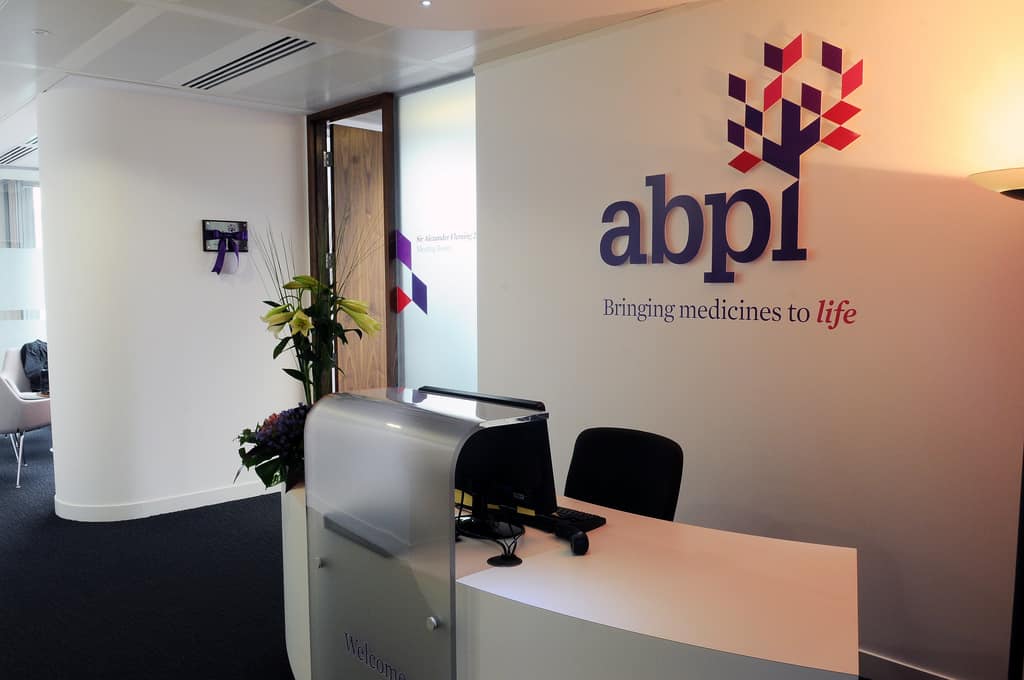
New UK drug pricing system will ‘stifle innovation’
pharmafile | August 2, 2012 | News story | Sales and Marketing | ABPI, PPRS, UK government, VBP
The ABPI has attacked the UK government’s new drug pricing policy, saying it will not benefit the pharma industry.
Value-Based Pricing is set to come into place on 1 January 2014, and will replace the 50-year old PPRS pricing system, which allows pharma to set its own prices and then have its treatments assessed by NICE.
This looks set to change in 18 months’ time, with a new VBP-based system seeing the government set prices for new treatments based on how it values a drug.
As part of this proposal, NICE’s role in issuing guidance to the NHS will be downgraded.
Value in this context includes whether a drug can ease the burden of illness, has a societal benefit and/or is a step change in innovation.
The ABPI is expected to start negotiations with the government next month, and its chief executive Stephen Whitehead is now publicly setting out his stall.
He said: “Whilst we support a broader definition of value for the assessment of medicines, we are not convinced that value-based pricing will encourage innovation or reward the most effective medicines.
“In fact, we are concerned that value-based pricing could in fact stifle innovation because it will struggle to accurately reflect the inherent gradual and incremental nature of innovation.”
He also said that the ABPI was unclear if VBP will reward the industry enough in order to allow the research and development of new medicines.
“We believe promoting innovation would be better served by developing a pricing scheme that is flexible, holistic, negotiated in a single agreement and which rewards the discovery of new medicines,” he said.
Whitehead added that the issue of patients being able to access medicines should be addressed through the government’s Innovation, Health and Wealth review, something it is currently working on with the Department of Health.
This review was published in December and looks to increase access to medicines and better support the life sciences industry.
Whitehead makes it clear that the ABPI does not want to see the secondary legislation of VBP replace the voluntary PPRS system, but would rather sort out the issues of access with the Department of Health via the IHW.
Ultimately the ABPI wants the PPRS to remain, but would like to see new definitions of value for drugs, with the aim of getting more medicines to patients that have not been deemed cost-effective by NICE.
Open for business
Whitehead was reacting to the British Prime Minister David Cameron’s speech to the Global Health Summit this week, where he discussed his desire to implement VBP.
The PM was also lauding the success of the life sciences industry, adding that the UK was ‘open for business’ for pharma and biotech companies.
Outside of his VBP discussion, Whitehead said he echoed the Prime Minister’s call to investors that the UK is open for business, and it allowed an opportunity for him to also applaud his members.
“The life sciences industry here is a world leader and this event was a great success,” he said, adding that it is “showcasing to an international audience the pre-eminent science base we have to develop new medicines and life saving treatments.
“The government’s continued support for industry is highly valued and a range of initiatives such as the Patent Box have persuaded companies to research and develop ideas here in the UK,” he concluded.
Comment
The ABPI will now argue that in order to have them stay here, they will ultimately need to drop VBP, or risk a similar situation to Germany, where pharma is protesting against new price controls and barriers to reimbursement.
The government, however, needs to show that it is increasing access to new medicines whilst also getting the best deal – wedded to this is the need to keep the pharma industry in the UK, meaning it will need to make some tough decisions in the coming months.
The negotiations begin in earnest from September – expect more public statements and political manoeuvring from both sides as they come toward a deal.
Ben Adams
Related Content

Valneva COVID-19 vaccine deal pulled by UK government
Boris Johnson and the UK government have terminated its deal with specialist vaccine company Valneva …

World’s first COVID-19 vaccine booster study launches in UK
The UK government has announced that thousands of volunteers will receive a booster COVID-19 vaccine …

UK government to invest £29.3 million on COVID-19 variant testing
The UK government has announced an investment of £29.3 million, on top of the £19.7 …








